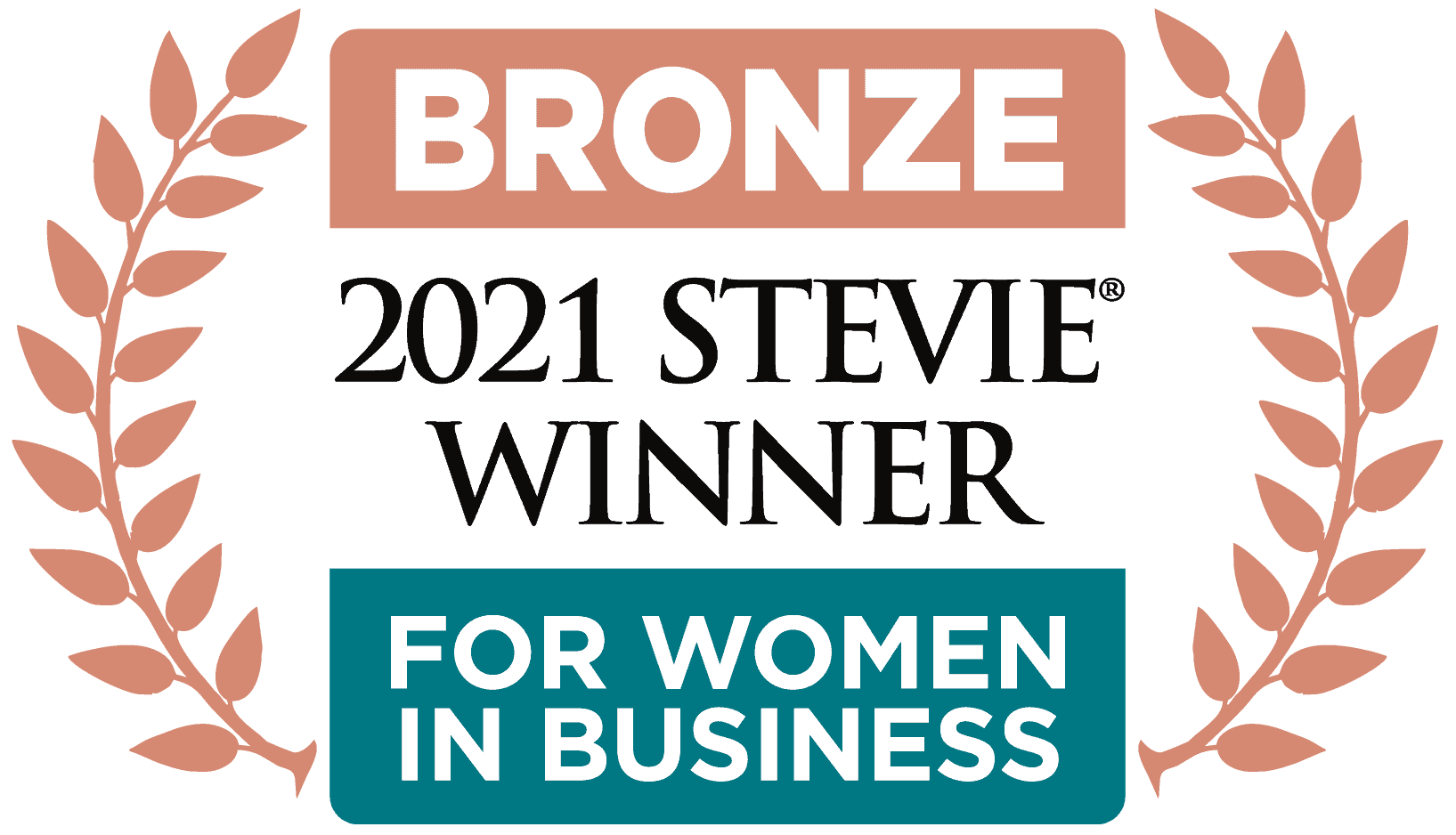Over the years we have heard – through the grapevine – questions that people desperately want to ask lawyers, but usually don’t have the courage to. If you’re thinking lawyers are expensive, full of jargon, or you can do the job yourself, this blog post is for you…
- Why do lawyers talk in a language I can hardly understand?
Lawyers can be forgiven for using jargon in the courtroom. They might have to refer to a particular point in a particular case which can end up sounding rather foreign. Or they might have to refer to a particular section in particular legislation, which can end up sounding very formal. There are “affidavits,” “plaintiffs,” “claims,” and “exhibits”. There’s even “my learned friend” and other wry and intimidating expressions.
But outside of the court room, there is really no need.
Affidavits can be statements, plaintiffs can be the person who is suing. The “gift of the gab” that may serve well in the courtroom, can quickly transform into arrogance and aloofness when talking with you, the client.
If you can’t understand what a lawyer is telling you, remind them that they, as a child used to have their bum wiped too. And, very likely by a strong, compassionate and intelligent woman who would not at all be impressed by them using big, fancy words. Get them to explain it to you in plain English. Plain English? Simple, easy to understand words in the English language.
Perhaps you could even go as far as to quote Einstein when he said “if you can’t explain it simply, you don’t understand it well enough”. Certainly, one of the best ways to make sure you understand something is to try and explain it to someone else, and if your lawyer can’t do that, then well, perhaps they don’t understand it well enough.
You should also go so far as to ask your lawyer to use plain English when drafting your contracts. Sometimes there will be words that have a well known, tried and trusted legal meaning. That’s ok. But your lawyer should still be able to explain to you what they mean. Just like a doctor wouldn’t tell you that you have “squamous cell carcinoma” and leave it at that, a lawyer shouldn’t tell you you have “to give an indemnity and release” and leave you lost in thought. (By the way, that’s tongue cancer).
- Why do they charge so much?
Lawyers bills are high. No doubt.
It is expensive to maintain a professional certificate to practice and to pay for continuing professional development. It is also expensive to maintain insurance and up to date technology. And it takes many years of experience to be able to quickly identify legal risks, advise on them, and find solutions which are tailored specifically to you. Of course, these expenses and experience come with a price tag.
There are also many, many factors that are out of control of the lawyer. It can be very hard to predict exactly how much work is needed to resolve a dispute or negotiate a deal. It depends on many, many factors, some which are totally out of your lawyer’s control. Whether an offer is accepted or not by the other party, or whether or not an appeal will happen are things that the lawyer cannot control. Even the most brilliant lawyer cannot control the outcome (whatever the cost). So billing clients by the hour, and an expensive hour at that, has been the traditional way.
But there is an alternative.
It’s good to look at the matters that are within a law firm’s control. For example, where will the lawyer lease premises? In the heart of the CBD, out of town, or not at all? And how do they value their lawyers? Will they be promoted because they bill more hours or because they perform quality work?
Look to value.
It’s good to look at whether your interests and values align. Whatever your values, you should look to a lawyer or law firm that marries up with those values. For example, it would be silly to use a law firm that has the expense of inner city rents if sitting in their nice office space is not something you value. If you’re just as happy to have an online conference, then look for an online lawyer. And high office rent does not necessarily equate to high quality work.
Look to fixed costs.
There are many new firms that are offering fixed costs. This means they will not bill you by the hour, but rather give you a fixed price for the work they are going to do. Fixed costs will help you budget properly, so that you can be sure about what it will cost you; and there are no nasty surprises. When you are a start-up or just want to maintain control over your expenses this is a huge advantage.
Look to being proactive.
Being fined for non-compliance, or battling out a dispute in court is expensive. Even when you are getting good value for money, it is hugely expensive. But if you are proactive, and get your legals in order before things go wrong with well drafted, customised legal agreements you can minimise the likelihood of a fine or a dispute.
- Why should I use a lawyer when I can just copy my friends contract, or download a template, do it myself…?
Whoooo, ohhhhh, now we’re talking!
Downloading templates is fine, but templates don’t understand your industry or the specific way you run your business.
We often find people who have used templates that are drafted by overseas lawyers, or that are outdated, or entirely unsuitable. They sometimes mean that opportunities are left on the table, or business owners are making promises and obligations they really shouldn’t be making. A template is like prescription glasses, what is right for someone else may not be right for you.
Copying a friend’s contract is also fraught with danger.
Your friend may have used a template, or had their contract drafted for their business. Since every business is unique, it is very unlikely that everything that applies to their business will apply to you. Again, you could be making promises you shouldn’t be, or forgoing great opportunities.
Do it yourself?
We often see people DIY, then getting stuck and coming to us for help. Save yourself the initial trouble. There are good reasons why a lawyer drafts legal documents, a medical professional drafts medical documents, and a marketer drafts marketing material.
Want proactive, fixed cost, online legal solutions in plain English? Book your free introductory consultation here.







